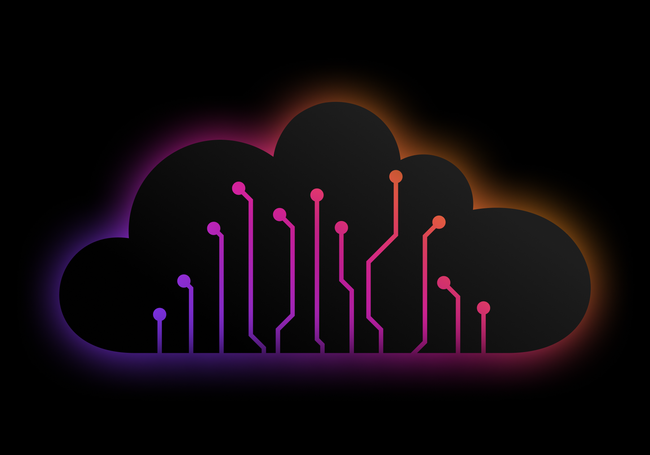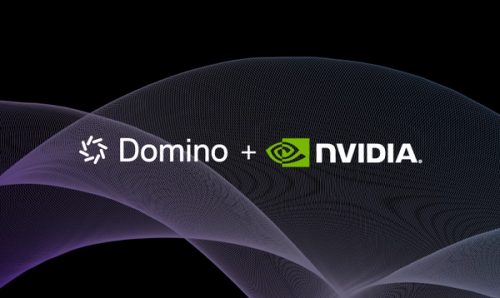What Can 100 Data Scientists Do in One Week? (Answer: A lot)
Yann Nidelet2021-09-08 | 8 min read
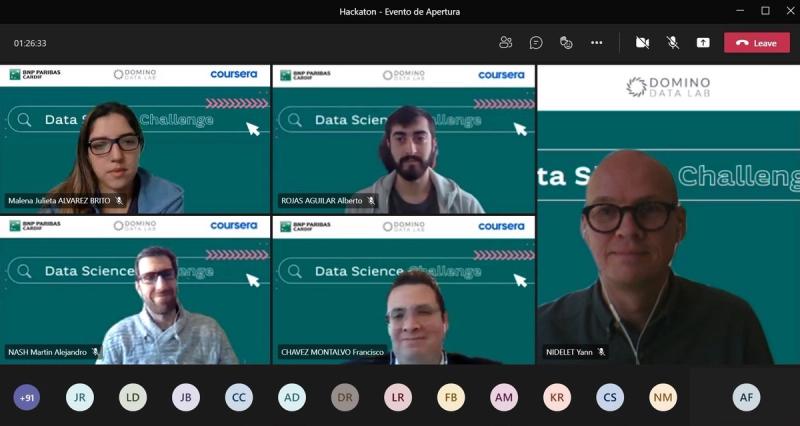
Editor’s note: From May 14 - 21, 2021, nearly 100 data scientists across Latin America joined BNP Paribas Cardif’s Virtual Data Science Hackathon. Here at Domino, we were excited to have been a part of this event, supporting both the next generation of data scientists and the next generation of insurance solutions.
How can we predict a food’s nutrient score based on its composition (for example, the amount of carbohydrates, protein, vitamins and so on), provenance, and other variables?
That was the challenge we posed to more than 100 data scientists who joined our first-ever virtual Data Science Challenge in Latin America. Participants came from universities and partner companies across Chile, Colombia, Mexico, and Peru, bringing tremendous creativity and innovation and a desire to help solve business problems. They worked in teams of four and used the same Enterprise MLOps platform that our data scientists rely on every day: Domino Data Lab.
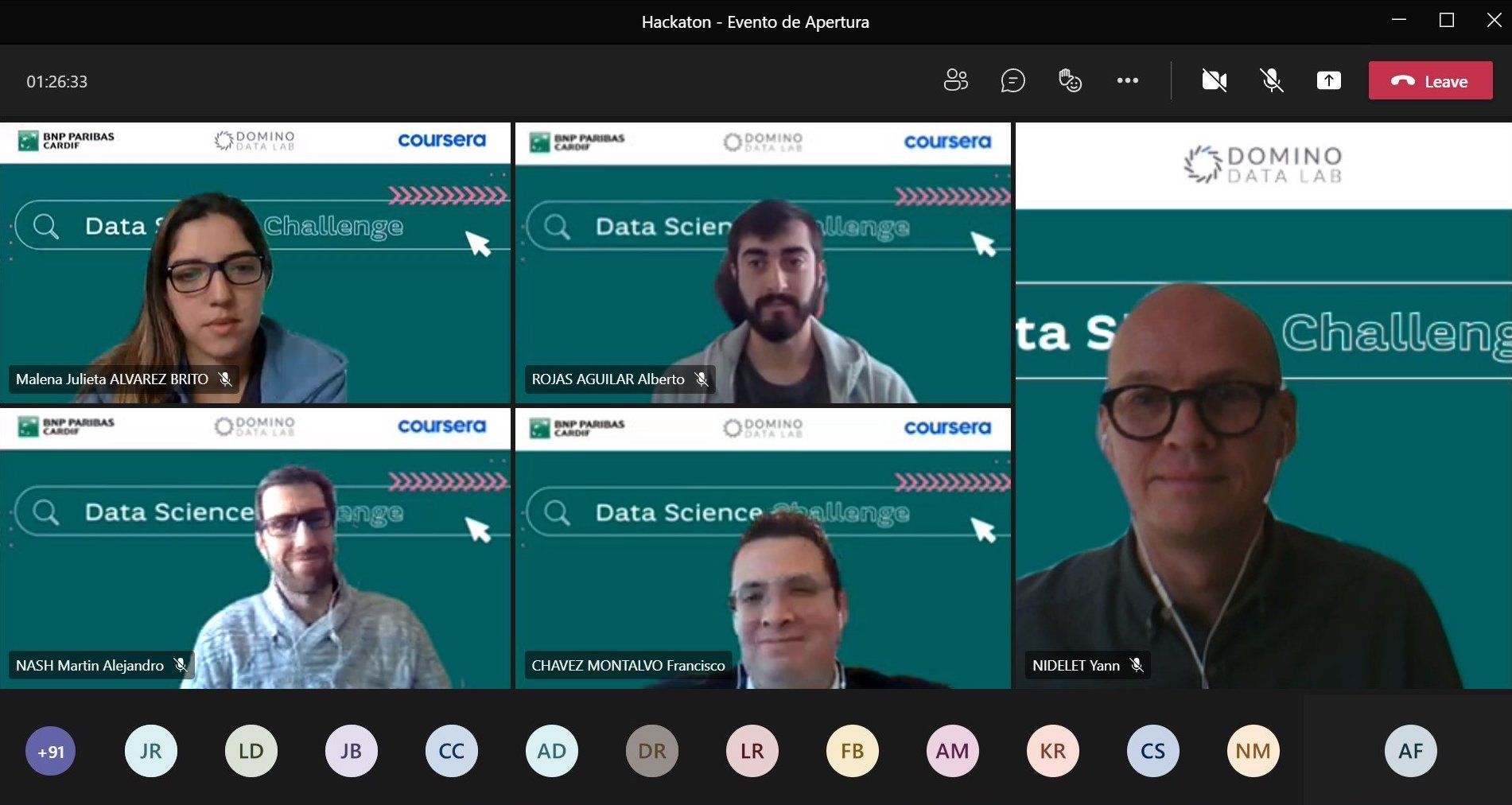
And they came up with some very creative solutions, submitting more than 800 predictions for scoring. The winning team in our student category was "Insight ML – DD" (Perú). The winning team in our Partners Category was “AnalíticaTuya" (Colombia). Members of each winning team received unlimited access for six months to all of Coursera’s Data Science Academy offerings and the opportunity to obtain Coursera certificates free of charge.
What made the winning solutions stand out?
We were impressed how creative all the teams were, but the winners in particular demonstrated how completely different approaches can be used to solve a business problem. One used a traditional approach, applying natural language processing (NLP) to turn text into numerical features to predict the food nutrient score. The other used new advanced approaches, leveraging a pre-trained deep learning model and fine-tuning it on the challenge data. The flexibility of the Domino platform enabled each team to access the infrastructure resources they needed, for example, smaller CPU resources for the “traditional” approach and larger GPU resources for the deep learning approach.
Why a Hackathon?
The hackathon is an important part of our strategy for several reasons.
- Sharing our successes. The hackathon offers a fantastic opportunity to get the word out about our digital transformation. BNP Paribas Cardif is a subsidiary of BNP Paribas and world leader in bancassurance and credit insurance alliances. We play a key role in helping our clients carry out different projects, while protecting themselves against unforeseen events. We’re committed through our partnerships to having a positive impact on society and making insurance more accessible. But as we know, consumer expectations, consumption habits, and demographic trends continue to shift, creating new implications and expectations in terms of product and service quality, responsiveness, and efficiency. To meet these needs, we’ve invested heavily in digital, data and artificial intelligence (AI) solutions and are engaging in an ambitious data strategy to support both our customer--and employee-centric digital transformation and deliver positive, sustainable business impact. By 2022, we anticipate automating 80 percent of our processes to make our products and services more accessible and relevant for every customer.
- Attracting new talent. By replicating our real-world Domino environment, participants have gained a taste of how we support and equip our data scientists to do their best work. Our Data Analytics teams work regularly with our commercial and process areas to enhance decision-making through model predictions, data enrichment and other techniques that improve our efficiency and our digitization daily. All management decisions across our bancassurance programs are enriched by data processing. And more than 150 BNP Paribas Cardif data scientists across 35 countries use the Domino platform daily to help them build and deploy innovative models that are helping to reinvent insurance. For example, we developed an AI-based optical character recognition (OCR) industrial solution assisting a client declaring claims with automatic document recognition and data extraction to speed-up the payment process. We have also developed recommendation tools to assist our client to improve hiring processes along with other services.
- Strengthening our partnerships. The hackathon offers another channel for us to collaborate with our partners on solving business problems. In a world profoundly affected by the emergence of new trends and lifestyles, we’ve adopted a unique business model based on alliances and have created offers with our more than 500 distribution partners in a variety of sectors, including banking and financial services, automotive, distribution, telecommunications, and energy, as well as with wealth management consultancies and brokerages.
We offer our partners: the ability to embed insurance protections in their offerings to create tailored solutions to protect customers from loss; plug-and-play solutions; exclusive sales and marketing know-how to boost their business; and expertise in data science and customer engagement. For customers, it means simple, useful, and relevant products along with an ecosystem of services for end-to-end digital and personalized offers, easy underwriting, fast claim processes, and ongoing support.
We had more than 30 new and renewed alliances in Latin America last year, including new collaborations with Brasilseg, a specialist in bancassurance in Brazil, and Financiera Oh, a subsidiary of the large distribution company in retail in Peru, as well as renewing our agreement with Grupo Aval in Colombia.
This was our first virtual hackathon in Latin America…
And it won’t be our last.
Based on participant enthusiasm and the technical ease with which we carried out this event, it is clear that we cannot stop here. Responses to our post-event questionnaire shows us that participants are excited for and plan to attend our hackathon again next year! We also saw that the participating students and partners were particularly interested in the course we gave on the industrialization of AI. This is a crucial issue for AI just like the auditability of our models—and these are two reasons we chose Domino Data Lab as a partner. Domino’s Enterprise MLOps platform enables our data science teams to more quickly and easily develop, deploy, monitor, and manage models at scale, automatically tracking their work—for example, code, IDEs and more—so they can reproduce results and build off past work.
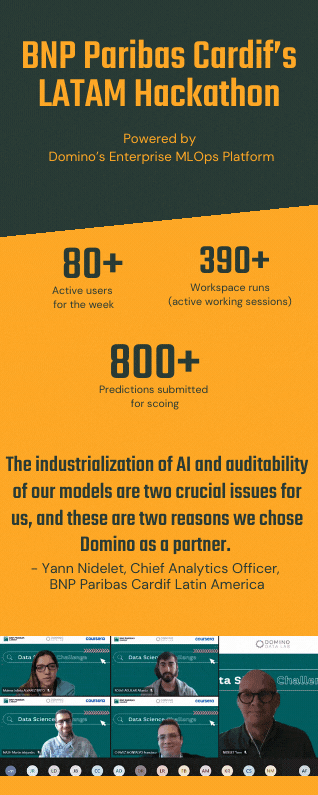
We’re excited to begin planning for our 2022 hackathon and are hard at work thinking about how to further help our new community of students learn more on these topics. Two efforts worked well during this first hackathon that we’re sure to repeat:
- Choosing a practical and unifying topic. Our topic this year for predicting a food’s nutrient score was one that resonated with all participants, which helped keep teams engaged and excited throughout the competition. As we plan our 2022 hackathon, we’ll look to pick another practice topic that all participants can relate to.
- Providing team mentors. Throughout the event, Cardif data scientists were available to mentor each team. This enhanced the experience for students, partners, and our data science teams alike.
Learn More
- Visit the BNP Paribas Cardif website and see how BNP is making insurance more accessible.
- Read The Forrester Report, “The Total Economic Impact of the Domino Enterprise MLOps Platform,” to learn more about the value Domino delivers.
Yann Nidelet is Chief Analytics Officer for BNP Paribas Cardif Latin America

